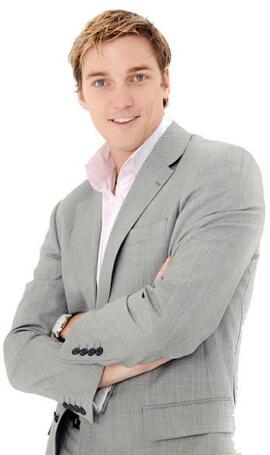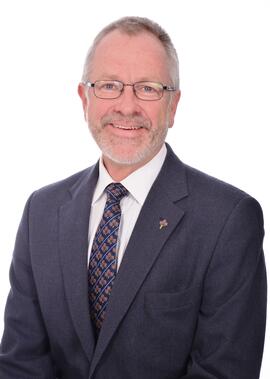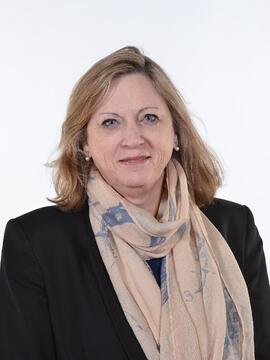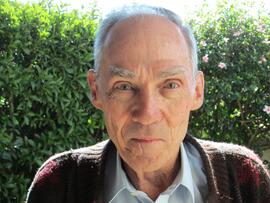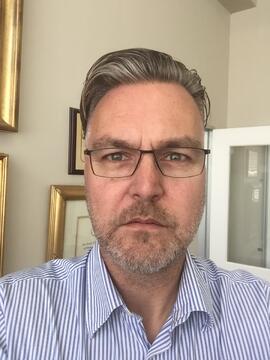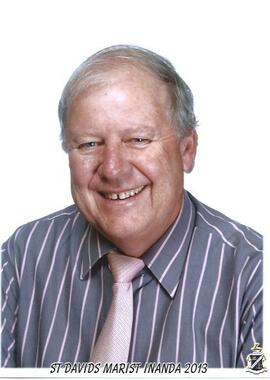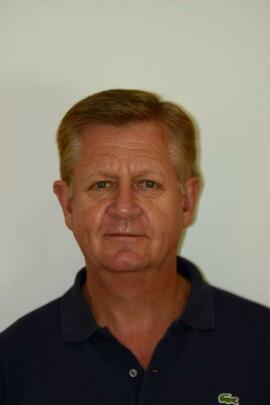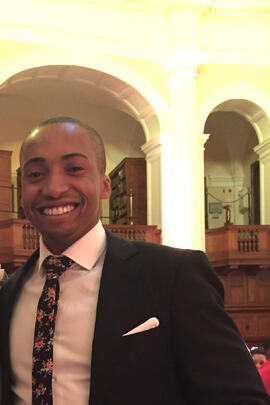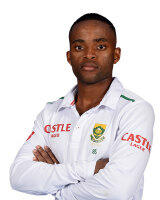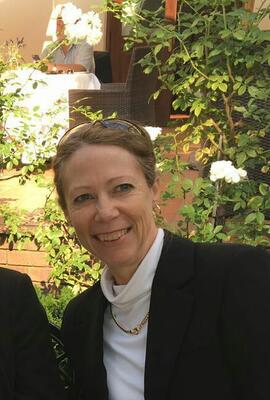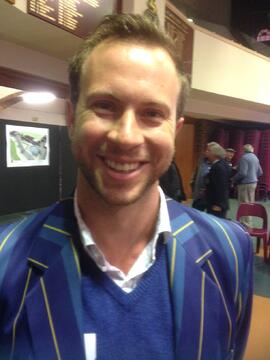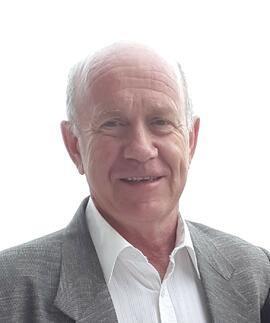Interview with Michael Richardson 1971
- ZA ZAR STDS 202000849
- Item
- 2013
Interview with Michael Richardson – 1971
Michael came to St David’s as a dayboy living at home. He was lucky that he had such an
active sport life and close group of friends that he stayed at school every day until about 5pm
and often they were at one another’s homes – so in fact he had the best of both worlds, a
dayboy living like a boarder
Memories of first day at St David’s – the teacher Mrs Lego very kind, his school uniform was too
big, he was all enthusiastic to play games with friends
Memories of last day at St David’s – sorrow at leaving such a close group of friends. Leaving a
cocoon of life that embraced all he had done up till then – now it was into the big wide world –
but excited about army service and university.
Teachers who left a lasting impression were Brother Andrew (Dracula - Maths) Mrs Richardson
(English – my Aunt)) Brother Bosco (Science).
Michael was involved in all the sport he could play – cricket, football, swimming, athletics, rugby,
hockey, and tennis. He played 1st XI and XV cricket and rugby and swam for the school in
breaststroke and relay and held records in athletics, javelin, high jump and long jump (for a
while) and introduced the fosbury flop to the school high jump. Michael has great memories of
the cricket tour to the Cape in standard 8 as part of the inter Marist tournament and of winning
the 200 metres and high jump at a few inter-catholic highs athletics events. Michael was also
selected for the Transvaal schools U15 Cricket team.
An event which stands out was his first century, the day he was picked for the 1st XI, opening of
the cricket oval playing a Wilf Isaacs XI with international cricketers in it and opening the
batting!!
One his worst moments at school was getting caught drawing a picture of the teacher in an
uncompromising position and getting a caning in front of the class.
Other amusing memories are of racing for prefects tea to get the avocado sandwiches; getting
his best friend into trouble by giving him the wrong answer when he had been sleeping in class
and was asked to answer; sneaking into class late behind the teacher’s back only to have the
headmaster walk in behind you.
The matric Dance was fabulous, Michael was lucky to have a girl-friend at that stage who was
everything he wanted – beautiful, bright and a dancer! The decorations and the theme were
stunning and the boys were so proud as they thought they had done the best dance ever.
Michael most enjoyed the sport, friendship and some of the teachers: All the sport teachers
Brother Michael, Mr Greenway, Mr Summers and Brother Andrew but he least enjoyed Latin,
end of year exams, and caning.
Michael was a prefect and was awarded honours for athletics, cricket, was Victor Ludorum, and
in the Maths olympiad final round.
After leaving St David’s served time in the army gymnasium and paratroopers; he went on to
study Medicine at Stellenbosch and specialised in Obs Gynae in the UK. He worked in a
practice in UK for a few years then joined the pharmaceutical industry in R&D and is currently
head of drug safety with Bristol-Myers Squibb. Michael also gives research support in cystic
fibrosis charity and drug rehabilitation
Michael did not have any sons at St David’s and last visited the school 5 years ago.
Michael had 2 brothers at St David’s as well. Bryan and John Richardson
(john.richardson@sbcglobal.net)
Bryan Matriculated 1967 John Matriculated 1965.
Some random info: Originally the school grounds only extended as far as the road going down
past the swimming pool, - what is now the main entrance was the rear entrance and was the
boundary fence of the school. The PTA negotiated for about 5 years in the early 1960s to
purchase the house and all the lands which extended the school all the way down around the
bend on Rivonia road. The new cricket oval was created in front of the pavilion which was
inaugurated by Archbishop Boyle in 1970.
Later the school sold off the lower portion for development and housing which has probably
funded the school since then. The grounds were bought for under quarter million rands and God
knows what they have made from that very wise purchase. (Can you imagine how many fund
raisers we had in those days to get the funds).
The original cross country race on sports day used to start from the main gate (original main
gate) and head off towards Sandton (pre Sandton City) all the way down Rivonia Road, along
Katherine Street, Wierda Road (When it was still Wierda Valley and had small holding houses)
up along Pretoria Ave into Forest Road up past what was then the Inanda Polo Club, along Fifth
Avenue then up Boundary Road and into the athletics field through a gate which was then on
Boundary road and finish around the 400 m track to the finishing post. There used to be a full
athletics track around the original cricket oval with stands etc.
Egenrieder, Julie

